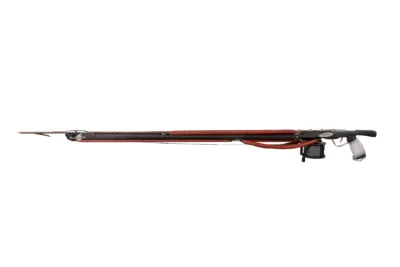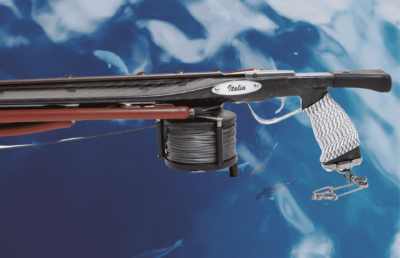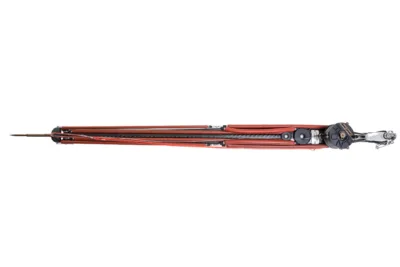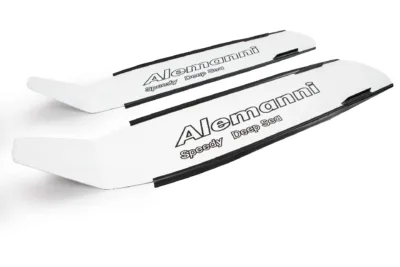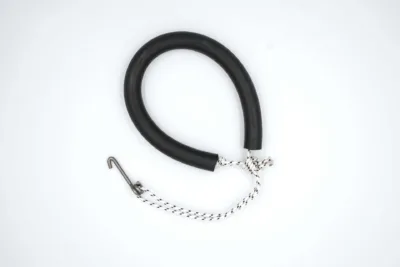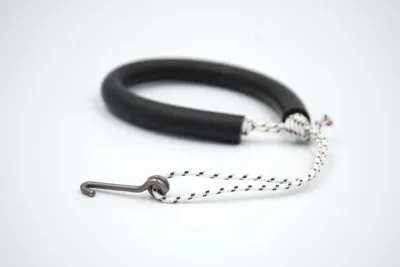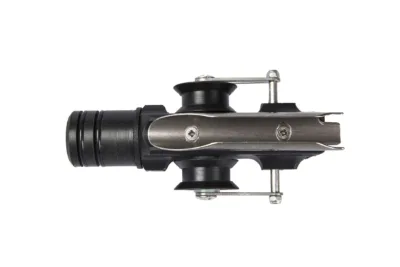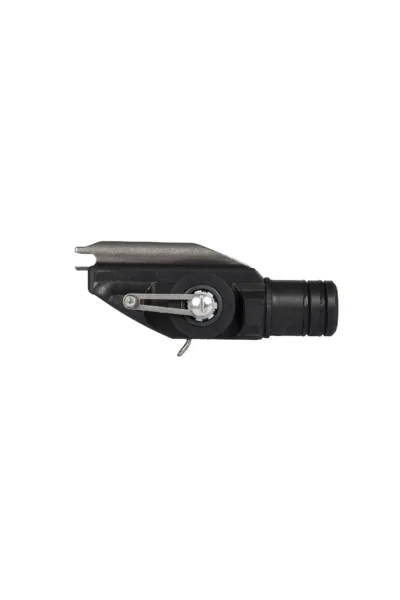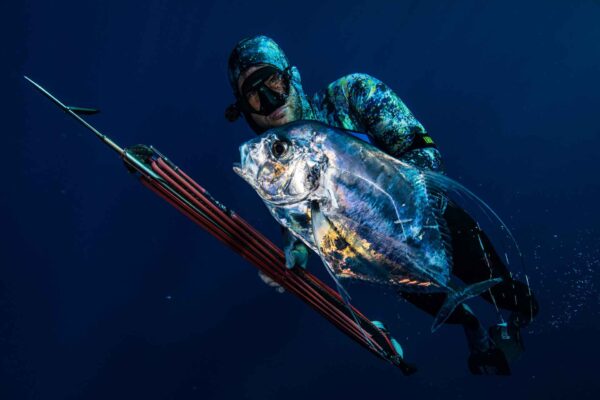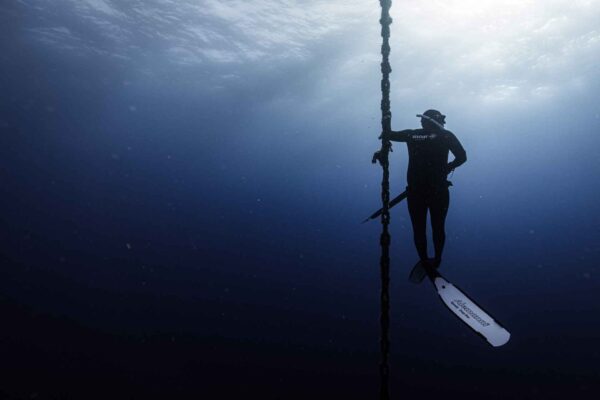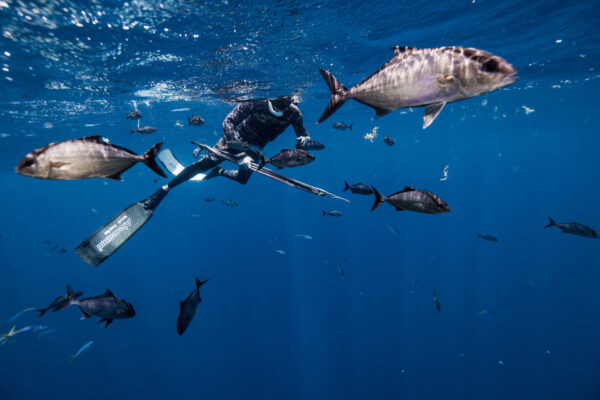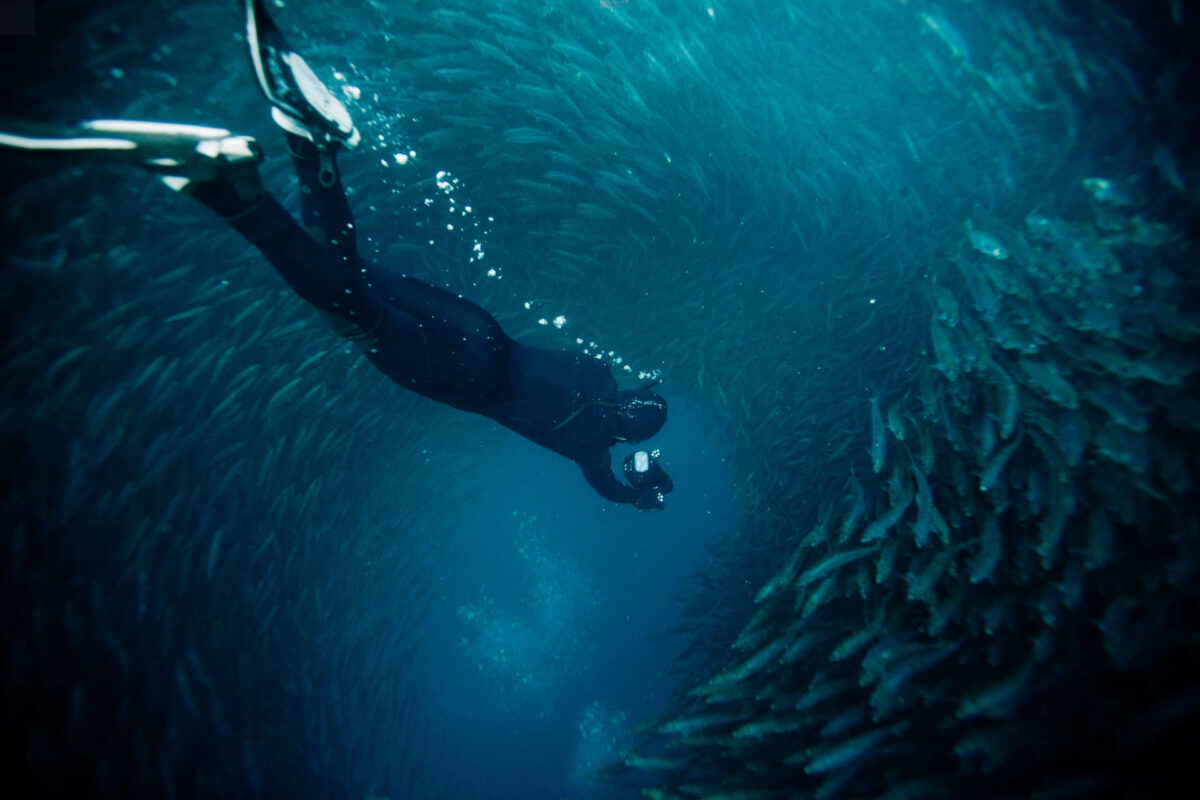Underwater fishing techniques
Scuba diving: expert advice to avoid risks
Scuba diving: expert advice to avoid risks
Unlike divers who dive with tanks and rebreathers, freedivers can only rely on their ability to hold their breath. Blackout, hypoxia and barotrauma are risks specific to freediving scuba diving and potentially very dangerous, which must be faced with awareness and with the right physical and mental preparation.
Freediving scuba diving: the risks
I risks of free diving are those linked to the effects of pressure on the body and lack of oxygen in the blood. If you don't consider the decompression sickness and barotraumas, the most frequent dangers concern thehypoxia: this is the example of blackouts and Samba, the pre-syncopal state that often affects freediving champions upon returning to the surface.
The risks associated with freediving scuba diving find fertile ground in the lack of preparazione, intended not only as physical training: the first rule to avoid accidents is to only dive after following a specific course, which also includes a theoretical and practical preparation to deal with any emergencies.
The investigations carried out from 1995 to 2000 by Catalina Hyperbaric Chamber (University of Southern California) reveal another important fact: the panic it is a common factor in most serious diving accidents. And the only way to avoid losing control, explain the technicians of the US hyperbaric chamber, is to feel at ease and sure of what you are doing.
Barotraumas in freediving: what to do to avoid accidents
I barotraumas of the ear they are among the most frequent injuries in freedivers: when you dive without tanks, you can only work with the air stored in your body, so the compensation maneuvers are also specific.
Know the compensation techniques in apnea, like the Mouthfill and the technique of Frenzel, is essential to avoid barotraumas. It is important to avoid ear problems do not delay compensation downhill, especially in the first few metres.
If you dive in less than optimal conditions, you may also feel a strong pain in your forehead: this could be a symptom of a barotrauma of the nasal sinuses, another rather typical occurrence of freediving, which can be avoided by taking care not to dive in the presence of a cough, cold or allergy, regardless of antihistamines and decongestants.
Un mistake you should never make in the water is to continue when you start to feel pain, even just in one eardrum: pain always indicates that something is not going as it should.
The risks related to hypoxia: Samba and blackouts
La Samba it occurs after prolonged states of apnea, therefore it is more frequent in freediving competitions than in the jokes of Spearfishing. It is easily recognized, as it causes uncontrolled motor activation, which can manifest itself in real pain spasms and contractions.
There is also a lower grade Samba, which causes a difficulty to manage breathing once they return to the surface: it is the completely reversible effect of small hypoxia necrosis. To avoid Samba it is essential to breathe in the right way as soon as you get out of the water: the advice is to don't take in too much air at the first breath on the surface, which should only fill the lungs to about 40%.
Il Blackout it is a real syncope (with loss of consciousness) caused by prolonged lack of oxygen, and as such it is one of the most serious dangers to which those who practice free diving are exposed. The two fundamental rules for avoiding blackouts are obvious but unavoidable: know your limits and never dive without a buddy trusted by your side.
How to avoid pulmonary stress while apnea
In addition to these risks, there are also other dangers that should not be underestimated related to prolonged apnea and hypoxia, such as hemoptysis (i.e. the presence of blood in the sputum) and the neuronal effects of prolonged lack of oxygen, which can lead to decompression sickness.
To avoid situations of stress on the lungs, it is necessary to ascend slowly and respect the post-dive recovery times, which must be at least 3 times the time spent in water. One piece of advice that many experts share when it comes to lung health and freediving is to Absolutely avoid hyperventilation and other aggressive breathing techniques, especially after diving.
Another tip to avoid lung problems is to alternate significant depths and more superficial dives. As for Samba and blackout, the right hydration e adequate nutrition can drastically reduce the risks: the rule is to drink water every time you return to the surface, even when you don't feel thirsty.



